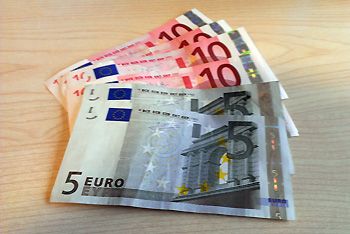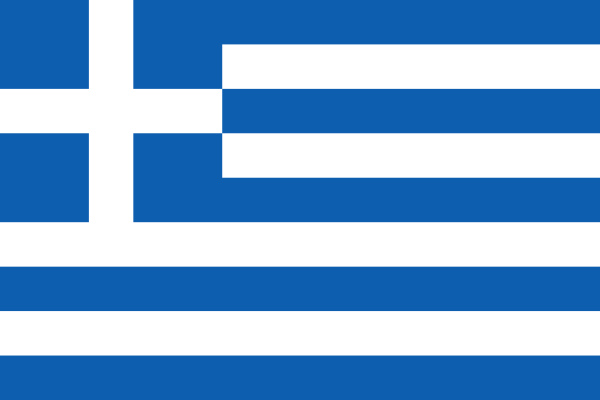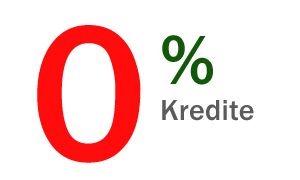
ECB lowers key interest rate What does this mean for savers?
ECB cuts key interest rate: what does it mean for savers?
The European Central Bank (ECB) makes history today. It has lowered the key interest rate to a new record low, 0.15 percent, and at the same time introduced negative interest rates on deposits with the ECB for the first time in history. 0.10 percent must now pay the banks for money parked at the ECB. This has never happened before.
Interest rate on short-term loans at ECB drops from 0.75 to 0.40 percent.
The ECB’s aim is to get banks to finally pass on the cheap money from the central bank to the economy. Low interest rates should make loans cheaper for companies but also for private individuals and thus drive investment. This and the negative deposit rate are intended to ensure that inflation in the euro zone rises. This will weaken the euro and make imports more expensive. Exports, on the other hand, are facilitated by this and thus the economy is stimulated.
What this means for savers?
Savers who invest their money have been used to grief for some time now. Interest rates are low and call money accounts hardly bring in more than 1 percent. Taking inflation into account, savers’ assets are shrinking a little bit more every day. This trend will be exacerbated by today’s ECB decision. Experts believe that savers will have to wait another two or three years for a turnaround in interest rates.
However, it is unlikely that savers will have to pay interest when they deposit their money in savings accounts or call money accounts. Because then it would probably come to a bank run, because everyone withdraws his money immediately from the account, in order to bunker it quasi free of charge in the safe or under the pillow.
People who need a loan could possibly benefit. But only if the banks pass on the low interest rates to their customers. But this has not happened in the past and is unlikely to happen in the future. Banks are more likely to have the negative interest rates they have to pay to the ECB recouped by lending customers.
Euro money bills
What can savers do now?
Savers will have to turn to other investment opportunities if they want to earn interest. Stocks, bonds and credit securities have done well in recent years. Also real estates experienced a tidy increase in value.
But more yield also means more risk. The stock market has already risen sharply, the DAX for example. has today reached the 10.000 mark, and the prices for real estate have only known one direction in recent years, upwards. The possibility of a change in the direction of share prices and real estate prices is therefore always present. That’s why everyone should carefully assess their willingness to take risks and only invest money that they could do without in a worst-case scenario.
Investing in a life insurance policy as a supposedly safe investment is not an alternative. On the one hand, the guaranteed interest rate for new contracts is also only a measly 1.25 percent, and on the other hand, the hoped-for profit participation is shrinking more and more.
Spending money
The alternative remains to spend the money to treat yourself to something good. This takes the stress out of looking for investments and boosts the economy. And in the end we all have something to gain.




